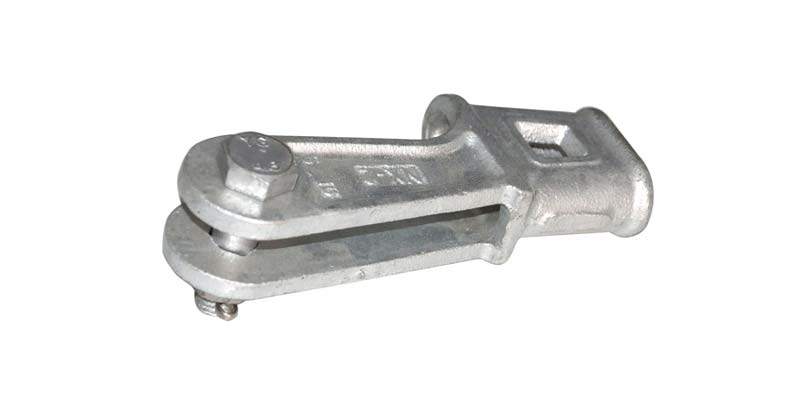- Contact Innally, Let you purchase forgings in China more favorable prices, products more assured!
- Hotline:+(86)15038323776 Email:innally@innally.com
Material selection considerations for electric power fittings forgings
- Category: Aluminium alloy forging, Thermal forging
- |
- Date: 02/12/2023
the material selection of power metal forgings needs to consider many aspects such as mechanical properties, corrosion resistance, electrical conductivity, thermal stability and thermal conductivity, cost factors, machinability and formability, and environmental protection requirements.
Product Details
Power fixture forging is an indispensable and important part of power system, the choice of its material is directly related to the quality and performance of the forging, and then affect the safe and stable operation of power system. Therefore, a number of factors need to be taken into account when choosing the material for power fittings forgings.
First, mechanical performance requirements
Power fittings forgings need to withstand various mechanical loads, such as tension, pressure, bending force and so on. Therefore, when selecting materials, it is necessary to consider their mechanical properties, including strength, toughness, hardness and other indicators. Different use environments and working conditions have different requirements for mechanical properties, so it is necessary to choose according to the actual situation.

Second, corrosion resistance requirements
The metal forgings in the power system are often in a harsh environment, such as high humidity, high temperature, strong electric field, etc., which are easily affected by corrosion. Therefore, when selecting materials, it is necessary to consider their corrosion resistance and choose materials with good corrosion resistance, such as stainless steel, copper alloys, etc.
Three, electrical conductivity requirements
Power fittings need to have good electrical conductivity to ensure the smooth transmission of current. Therefore, when selecting materials, it is necessary to consider their electrical conductivity, and select materials with good electrical conductivity, such as copper, aluminum, etc.
Fourth, thermal stability and thermal conductivity requirements
Power metal forgings generate heat during the working process, so it is necessary to consider the thermal stability and thermal conductivity of the material. The thermal stability of a material refers to its performance stability at high temperatures, while the thermal conductivity refers to its ability to conduct heat. When selecting materials, it is necessary to choose according to the actual situation to ensure that the forgings have good performance and thermal conductivity at high temperatures.
- Cost factor
When choosing the material of power fittings forgings, it is also necessary to consider the cost factor. The price of different materials varies greatly, so it is necessary to weigh according to the actual situation and choose materials with higher cost performance.
Processability and formability requirements
Various processing and forming operations are required in the manufacturing process of power fixture forgings, so the machinability and formability of materials need to be considered. Choosing materials that are easy to process and form can improve production efficiency and quality.
- Environmental protection requirements
When choosing the material for power fittings forgings, environmental protection requirements also need to be considered. Give priority to materials with good environmental performance, such as renewable materials and low-pollution materials, to reduce the impact on the environment.
To sum up, the material selection of power metal forgings needs to consider many aspects such as mechanical properties, corrosion resistance, electrical conductivity, thermal stability and thermal conductivity, cost factors, machinability and formability, and environmental protection requirements. Only by taking these factors into account can the appropriate material be selected to ensure that the quality and performance of the forging meet the standard requirements, and provide a strong guarantee for the safe and stable operation of the power system.
nannan
INNALLY mainly provides you with various types of cast and forged parts products. Welcome your inquiries! innally@innally.com
Related Products
Search
Forging center
- Steel forgings
- Aluminium alloy forging
- Titanium alloy forging
- Stainless steel forging
- Copper forging
- Automotive forgings
- Locomotive forging
- Bicycle forgings
- Motorcycle forging
- Rigging and fasteners
- Bearing forging
- Electric power fittings
- Marine forging
- Mechanical forgings for metalworking
- Mining machinery forgings
- Marine engineering forgings
- Construction machinery forgings
Popular product

© 2025. All Rights Reserved.






